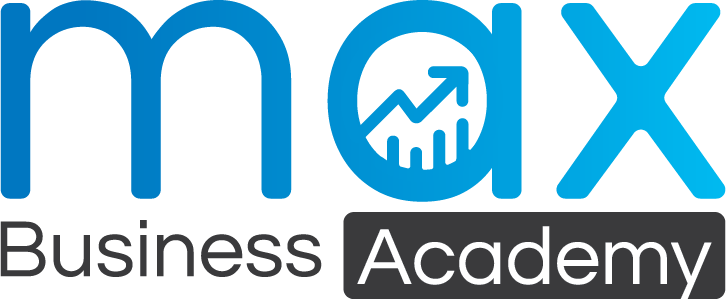Businesses both large and small can be expensive to run. Rent, bills, staff wages, equipment and machinery, packaging and supplies all need to be paid for, and it’s normal to fluctuate between busy and quiet periods depending on the season.
As a business owner, it’s therefore not uncommon to need financial assistance from time to time to help with managing credit and cash flow needs. The most popular sources of financing are business loans and business credit cards.
Determining which of the two options is best suited to your business needs depends on a number of factors. Are you going to be making a large one-off purchase, or will you need a revolving line of credit? How strong is your financial position? Do you have sufficient assets you can offer up as collateral?
There are enough differences between business loans and credit cards for one to be more beneficial than the other depending on your situation. Below, we’ll examine the pros and cons of each.
Business loans
Business loans are best suited to those who need to make a larger one-off purchase. This can include things such as new equipment or machinery, a storefront premises or even advertising and marketing costs for businesses just starting out. They can also be a useful option for debt consolidation or expansion.
Business loans typically come as a lump sum payment of around $5,000 to $500,000 depending on the size and scale of your business. Terms will last from three months to three years on average. Banks will often allow for tailored repayments which align with your cash flow, enabling you to pay back your loan in monthly or quarterly installments.
Smaller business loans have an interest rate of around 4% to 6% and can be secured by existing storefront property or the business owner’s residential property. Other non-bank lenders offer unsecured loans which don’t require any collateral; however, they will usually charge a higher rate of interest because of this.
There’s usually a strict approval process which needs to be met before being approved for a business loan. Lenders require a thorough understanding of a business’s financial position, along with a detailed plan for how the money will be spent. Make sure you have a strong business plan prepared before approaching a lender in order to boost your chances.
Pros:
- Usually carry a lower interest rate than a credit card
- Repayment schedule means your debt has a definite end date
- Generally cheaper long term
Cons:
- Can be inflexible (doesn’t always allow for early repayments or may charge to access redraw)
- Minimum loan term means you may carry the debt longer than necessary
- Harder to quality for
Business credit cards
Business credit cards are a good option for business owners needing quick and easy access to funds for short-term needs. They can help to free up cash flow, can be assigned to employees and are a useful way of separating business expenses from personal ones.
Just like a regular credit card, business credit cards act as a revolving line of credit, allowing businesses to make purchases on their card, paying back the outstanding balance in minimum monthly repayments. There are a number of useful online repayment calculators, which can help you to work out how quickly you can pay back the debt. Business credit cards are best used for working capital, emergency cash and paying for smaller ongoing expenses.
They’re generally the more flexible of the two options and have the added benefit of only paying interest on what is spent each month. Business credit cards usually allow for a limit of up to $50,000, with a standard interest rate of 10% to 20% on average. They also come with added perks which include bonus points for spending, complimentary insurance and the ability to build credit as a business. However, in saying this, they usually come with higher fees and interest rates.
Pros:
- Easy access to cash
- Rewards for use
- Ability to build your company credit score
- Faster application process
Cons:
- Higher interest rate than a personal credit card
- Annual fee is often higher than that of a business loan
- Interest charged for missing repayments can escalate if you experience a period of poor business
When it comes to finding the right type of financing for your business – whether it’s to make a one-off purchase or give yourself a financial leg up – be sure to be very clear about your reasons for doing so. A business card may not be the best option if you’re looking for continuous funding, but if managed responsibly, can be a fantastic backup tool to be used for financial cushioning.
About the Author
Bessie Hassan has worked at a range of iconic publications with her widely published byline appearing in The Sydney Morning Herald, The Australian, Marie Claire, and Women’s Health, among many others. In her current role at Finder, Bessie combines her interest in the digital space with her other passion – helping Australians find better.









